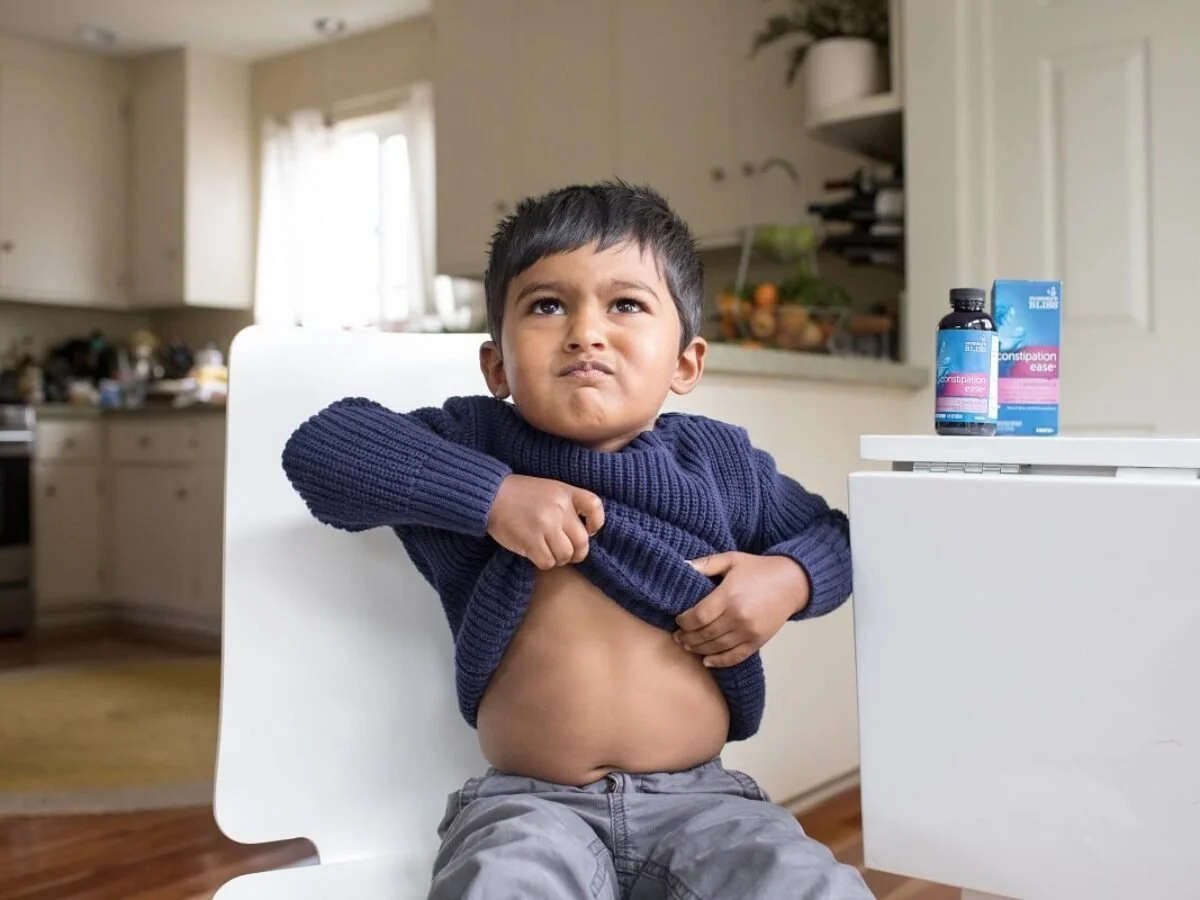Why Are You So Tired?
Have you ever been so tired that you got out of your shower ‘routine’ and mid-face wash forgot if you washed your hair or not, but your hair is wet and you normally wash your face after washing your hair but you can’t remember if you did, and you’re so so tired, and you’re pretty sure you washed your hair so you continue with your routine, but when you go to dry your hair you realize you in fact, did not wash your hair but now you’re out of the shower with wet, dirty hair and decide to just go with it because again, you’re too tired to do anything about it? Yeah no, me either. In other news, we were up until 12:30 last night watching election night coverage and our 5-year-old decided waking up at 3am was a good idea, and then stayed awake the rest of the night.
Me, right now.
Let’s talk about some of the things most people don’t know, and most parents aren’t prepared for, that can come along with an autism diagnosis. We can start with the obvious:
Circadian Rhythm Disruption
The circadian rhythm is our body’s ‘internal clock’ that tells us when it’s time to be awake and when it’s time to go to sleep, over a 24 hour period. Many children with autism suffer from some sort of sleep disturbance. Researchers have been attempting to find the reason for this for years, and many signs point to some kind of circadian rhythm disruption. Some children take a very long time to fall asleep at the beginning of the night, some have frequent and prolonged night awakenings, and some wake way too early in the morning and remain awake for the remainder of the day. Parents of children with autism (shockingly) report their own sleep disturbance as a result of their child’s sleeping pattern. See: how my shower went tonight.
Apart from a very sleepy family, the consequences of sleep disturbance can affect behavioral treatment from both sides. Programming may be less effective when the child can’t participate in their session, and parents find it difficult to employ the strategies and techniques learned through parent training outside of sessions, because, you know, tired.
Research is relatively limited on circadian rhythm disruption, but the literature is out there, and does draw some conclusions between disruption in circadian rhythms and autism. A study by Richdale and Prior (1995) reported an estimated 44-83% (I know, that’s a wide range) of children with autism have some sort of sleep disturbance. Compared to typically developing infants and preschool children who come in around 20-30%. What is seriously lacking in the literature is treatment options. The first thing your doctor may suggest is melatonin, after that they will likely refer you to a specialist or a neurologist who won’t have much else to offer other than an “I’m sorry that must be so difficult”.
There are behavior analysts out there who specialize in sleep disturbance, I know a great one (no, not me) I can refer you to if needed. Apart from that, setting up a consistent bedtime routine and a consistent response when night awakenings or early mornings occur can help to minimize any behavioral factors that may be leading to sleep disruption. See our previous post on healthy sleep habits for some tips on how to do that.
Restricted Diet and Gastrointestinal Issues
Food selectivity is a common problem for the autistic community. Sensory challenges can occur across the board ranging from refusing to wear a shirt with a tag in it to refusal to eat anything that isn’t crunchy. These sensory issues can lead to a restricted diet for our kiddos where they will only eat a handful of things consistently, and most of these ‘safe’ foods tend to be starchy. It can be extremely difficult and frustrating when your child refuses to eat any fruits or vegetables, and cannot be reasoned with. The “you can have dessert if you eat your broccoli” trick is less likely to work with our kiddos than other kids. Once we find those few things that they will eat consistently, it can feel like a huge relief. We now have at least one or two things that we can order for them at a restaurant and we’re pretty sure they will eat it (for now), and we let go of the parent guilt of not eating exactly what the Mayo Clinic says we should be making sure our kids eat, at least we try to.
The secondary struggle of having a kiddo with restricted food interests is the gastrointestinal issues that follow. Many children with autism also have some kind of GI issue, most commonly constipation. This continues to be a chicken/egg situation. Is the constipation caused by their diet, or is it just to be expected with autism? I don’t have the answer but I can definitely tell you that constipation is not likely to be one of the things discussed with you by the psychologist or pediatrician when they discuss autism and what to expect, and what to do.
The only advice that I can give is to be vigilant with constipation when working on toilet training. In our previous post on toilet training we discussed that toilet training a child with autism can take upwards of 2 years from start to finish, and when it is time to really push (pun intended) to get them to poop in the toilet, many kids will withhold as a result of the expected behavior change. This is normal, but if constipation is not addressed, there are a multitude of secondary challenges that can occur. For example, our son developed acid reflux around this time and we had no idea it was related to constipation, so we’re now on the Miralax train (choo choo!), I’m sure many of you are right on it with me. The majority of my patients are also taking Miralax daily. Poop happens, and needs to happen every day. Don’t be afraid to consult with your pediatrician if toilet training isn’t going as well as you’d hoped, that’s all normal and most pediatricians can offer some great advice on the subject.
Childproof EVERYTHING
It’s amazing how long we’ve had child locks on everything with no end in sight. Our little guy is a regular Houdini, just last night he figured out how to use the locks we have on his dresser drawers, we woke up to a mountain of clothing piled on his bed. Back to the drawing board on how to secure his bedroom at night without it looking like a jail cell. I’ll get back to you on that one. It feels like a full time job just to keep our kiddos safe, their ability to assess risk can be greatly diminished resulting in hyper vigilance on our part, which can be exhausting. One change we made recently was the purchase of a few air tags after he started kindergarten and was no longer in the super safe environment of his ABA clinic daily. We attach the AirTag to his pants every morning and I have peace of mind that I can track him on my phone at any point during the day. My Houdini is a wanderer, and is silent. I can’t tell you how many times i’ve lost him in our own home, calling his name in a panic with no response only to find him in a mountain of clothing in my closet 5 terrifying minutes later. The AirTag can show me where he is even if he’s only a few feet away. They are made to help you find your keys, I use it to help find my kid. No shame in my game. I’m especially looking forward to having this as a backup for an upcoming trip to Disneyland, it feels like a third pair of eyes.
This is not an exhaustive list of all of the surprises we’ve had as we watch out little guy grow and as I continue to see patient after patient with the same or similar issues. I’m hoping that this post gives some parents of the newly diagnosed an idea of a few of the things to expect, and solidarity for those parents who are in the trenches with me. What else were you surprised by as you continue on your autism parenting journey?





